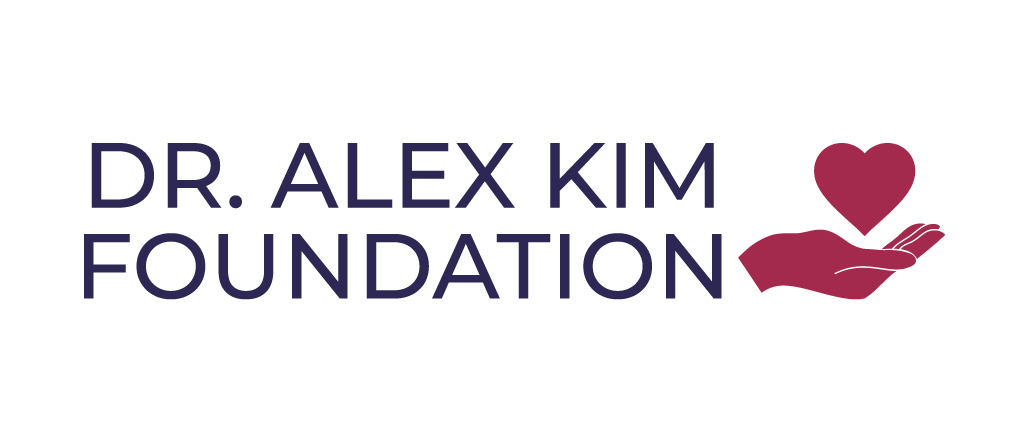Faith-based programs have long played a significant role in providing support and healing for individuals experiencing homelessness. These programs offer more than just basic necessities; they provide emotional, spiritual, and psychological support, helping individuals rebuild their lives with a sense of purpose and belonging.
Spirituality and faith can be powerful tools for healing, especially for those who have experienced trauma and hardship. Faith-based programs offer a safe space where individuals can explore their spiritual beliefs, find solace, and connect with a supportive community. This spiritual support is often integral to the healing process, providing hope and motivation for individuals working to overcome homelessness.
Many faith-based organizations offer comprehensive services, including shelter, food, counseling, and job training. However, their unique contribution lies in their ability to address the emotional and spiritual needs of individuals. Programs often include counseling and support groups that focus on spiritual growth and personal development. These services help individuals build self-esteem, find purpose, and develop coping strategies for dealing with the challenges they face.
Moreover, faith-based programs often emphasize the importance of community and connection. Through church services, volunteer opportunities, and social events, individuals experiencing homelessness can build relationships and find a sense of belonging. This sense of community is crucial for overcoming isolation and rebuilding social support networks, which are essential for long-term stability.
The impact of faith-based programs extends beyond immediate relief. By addressing the underlying spiritual and emotional needs of individuals, these programs foster long-term recovery and personal growth. Participants often report increased feelings of hope, resilience, and self-worth, which are essential for overcoming the challenges of homelessness and achieving lasting stability.
In conclusion, faith-based programs offer valuable support for individuals experiencing homelessness by addressing their spiritual and emotional needs. Through a combination of practical assistance and spiritual guidance, these programs help individuals find hope, build connections, and work towards a more stable and fulfilling life. Embracing the power of spirituality and community can lead to profound healing and transformation for those facing the challenges of homelessness.
Change Lives with the Dr. Kim Foundation
Contact Us Today
Faith-based programs have long played a significant role in providing support and healing for individuals experiencing homelessness. These programs offer more than just basic necessities; they provide emotional, spiritual, and psychological support, helping individuals rebuild their lives with a sense of purpose and belonging.
Spirituality and faith can be powerful tools for healing, especially for those who have experienced trauma and hardship. Faith-based programs offer a safe space where individuals can explore their spiritual beliefs, find solace, and connect with a supportive community. This spiritual support is often integral to the healing process, providing hope and motivation for individuals working to overcome homelessness.
Many faith-based organizations offer comprehensive services, including shelter, food, counseling, and job training. However, their unique contribution lies in their ability to address the emotional and spiritual needs of individuals. Programs often include counseling and support groups that focus on spiritual growth and personal development. These services help individuals build self-esteem, find purpose, and develop coping strategies for dealing with the challenges they face.
Moreover, faith-based programs often emphasize the importance of community and connection. Through church services, volunteer opportunities, and social events, individuals experiencing homelessness can build relationships and find a sense of belonging. This sense of community is crucial for overcoming isolation and rebuilding social support networks, which are essential for long-term stability.
The impact of faith-based programs extends beyond immediate relief. By addressing the underlying spiritual and emotional needs of individuals, these programs foster long-term recovery and personal growth. Participants often report increased feelings of hope, resilience, and self-worth, which are essential for overcoming the challenges of homelessness and achieving lasting stability.
In conclusion, faith-based programs offer valuable support for individuals experiencing homelessness by addressing their spiritual and emotional needs. Through a combination of practical assistance and spiritual guidance, these programs help individuals find hope, build connections, and work towards a more stable and fulfilling life. Embracing the power of spirituality and community can lead to profound healing and transformation for those facing the challenges of homelessness.


